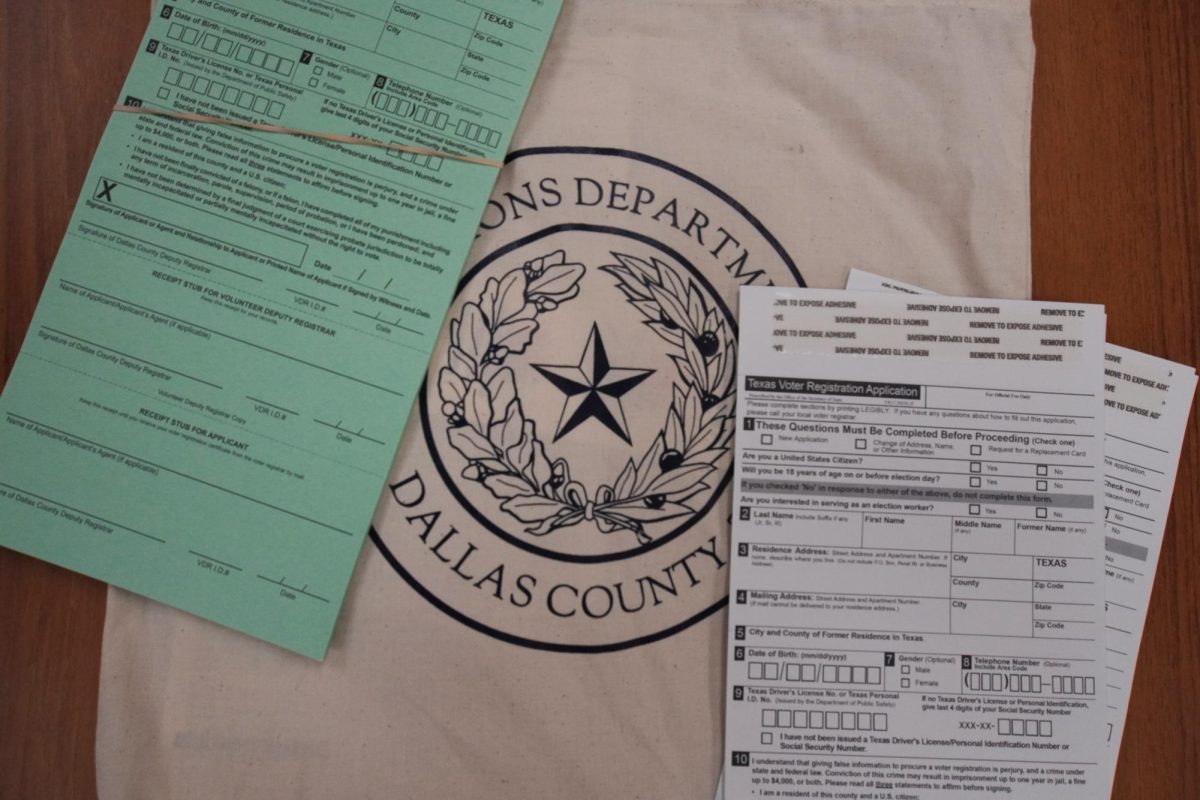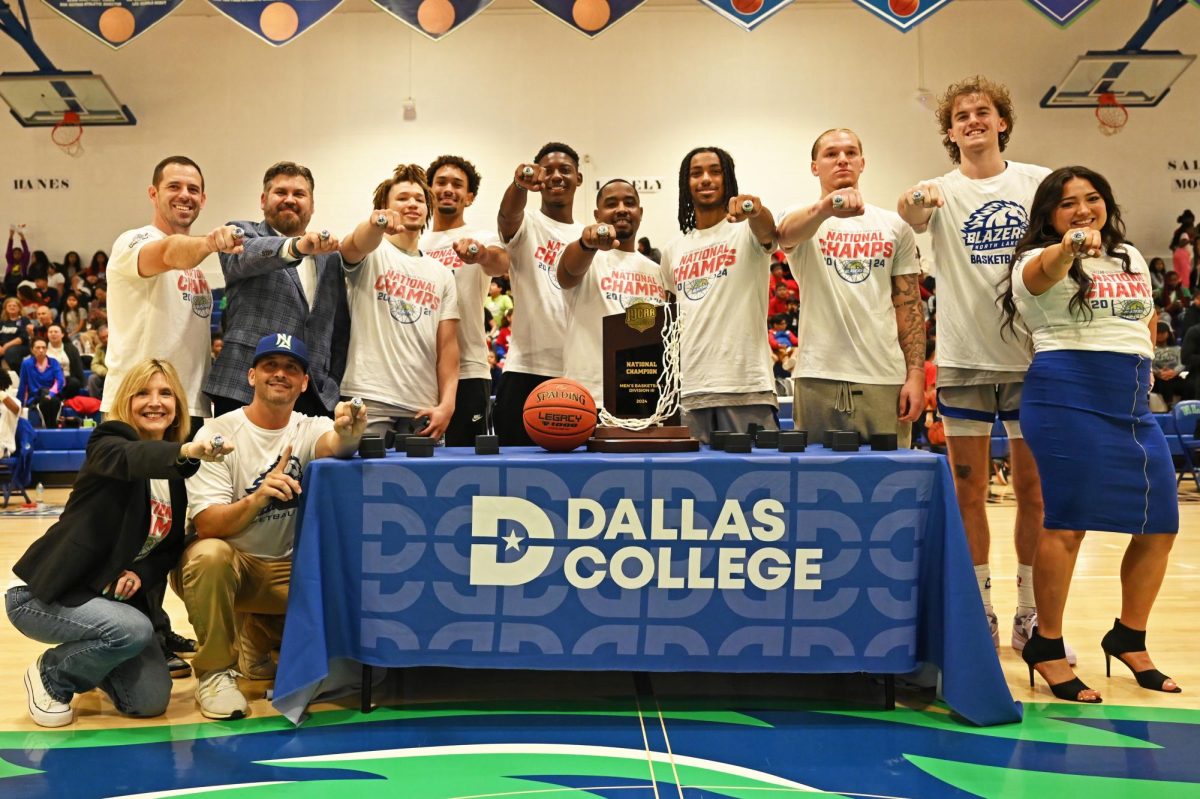Dallas College North Lake Campus witness Scam Alerts. Cybercriminals are sending phishing emails, text messages, and scam calls to students, staff and faculty to obtain your private information and demand money.
The only official email of Dallas College that ends with @DallasCollege.edu so it’s important to check the difference between fake and real emails.
“Phishing attacks continue to be on the rise, and more sophisticated techniques are used. As long as these attacks are profitable to scammers, thistrend will continue,” said David Williams, Chief Risk Officer at Dallas College.
Williams is responsible for the governance, risk, and compliance of cybersecurity, which are non-technical aspects. It handles its technological part, while the fraud hotline is watched over by internal audits.
Cybercriminals begin this attack by appearing as a real job offer and sending a phishing email to your personal or Dallas College email account.
It contains instructions to “APPLY NOW” or “CLICK HERE” for more information. After clicking the link, you must fill in personal details such as your email address, name, bank account number, or log-in credentials.
Dallas College Student Vanessa Robles received a scam email, like a job offer from Dallas College. She knew it was fake by looking at the sender’s email.
“Honestly just sad how humanity grows to wanting to gain profit even to the point of using emails and pretending to be others,” Robles said.
William advises everyone to never open an attachment or click a link in an email that you did not expect to receive.
NLC librarian Patrick Durkee said: “I successfully skipped being victimized by phishing. I can see, I can tell if this is spam or phishing email, so I just delete it. You don’t get in trouble unless you actually open it.”
If anyone has fallen victim to scams, immediately get in touch with Dallas College police. They can be reached at [email protected] or call the DC Internal Audit Department at 972-860-4001 to report instances of fraud, waste, or abuse at any Dallas College campus.
Knowing what to look for is a key to keeping yourself safe online.
The most common cyberattacks are phishing emails and cybercriminals, which include deceptive links, identity deception, and impersonation of trusted entities at tempting to hack into the College systems.
Check the “From” address. If an email says it is from a legitimate business, but the email is a Gmail account, it is probably phony. Questions to ask to keep you safe from any fraudulent emails are as follows: Who is the email from? Who is the email to? Are there suspicious hyperlinks? Is the date correct? Is the subject suspicious? Are there suspicious attachments? What is the content?
Rik Jones, NLC Managing Director Cyber-Security, said the best way to identify the phish is if it’s too good to be true.
“Looking for spelling and grammar mistakes is no longer a good method because of the common use of Ai,” Jones said. Artificial intelligence has created more advanced phishing schemes.
Dallas College has licensed Cybersecurity Awareness training for students, which will be rolling out around Spring Break this semester or soon after.
Students who are victims of a crime, including identity theft and account hijacking that results in financial loss, should report that to the local police. If the source of the compromise were Dallas College’s email, then the police would like you to report it to them
Anybody Internet crime can report it to the FBI through the Internet Crime Complaint Center. The FBI has on- line resources about Common Scams and Crimes, including ransomware, spoofing and phishing.
Students can report phishing emails on their school email account by using the report Phish menu item in Outlook online. The report goes to Microsoft for analysis and possible inclusion in Spam and Phishing block rules. The Dallas College Cybersecurity team can also see these reports for further localized response.
Emails from IT departments like Scam of the Week describe certain scams. Jones said those emails are super helpful for recognizing scams.



















